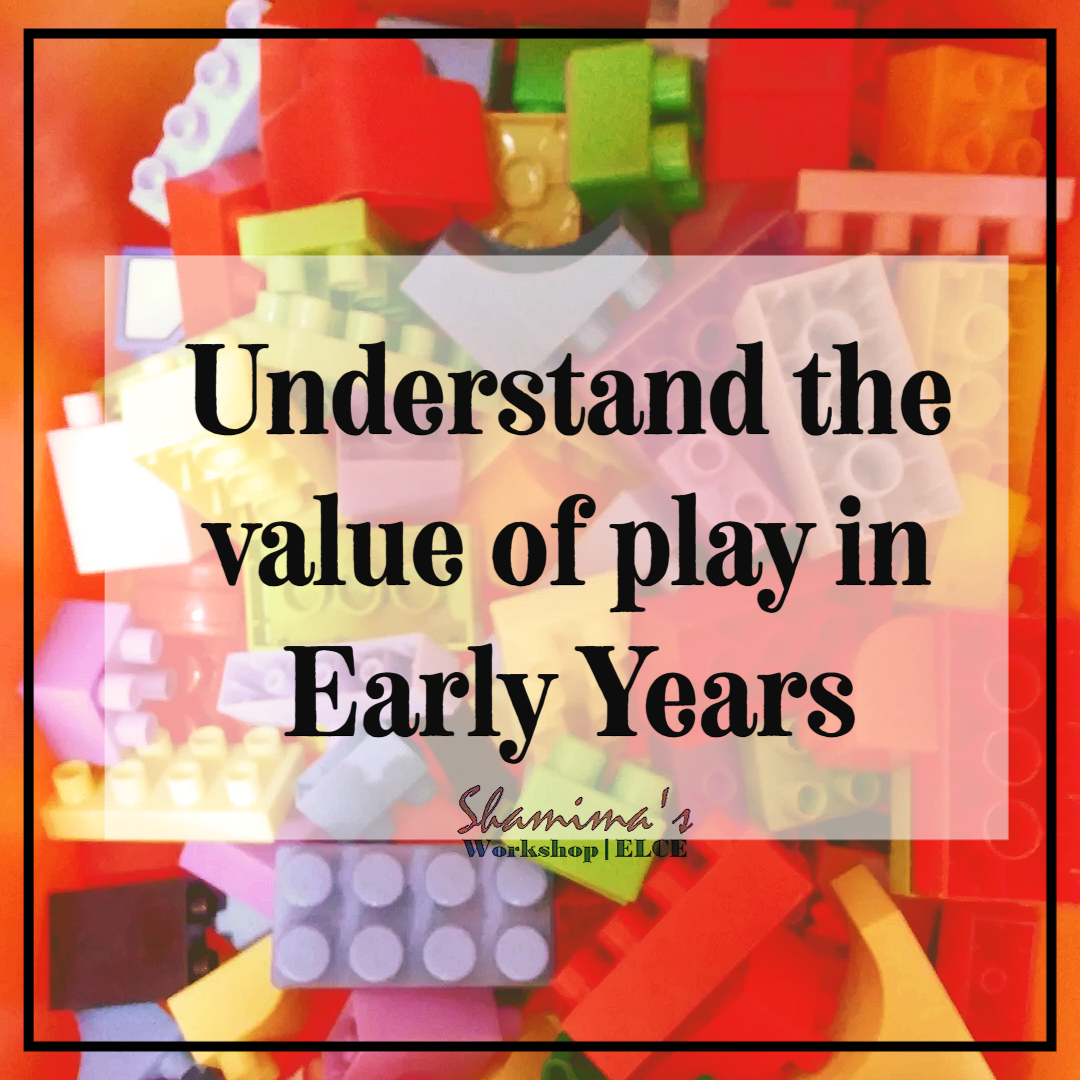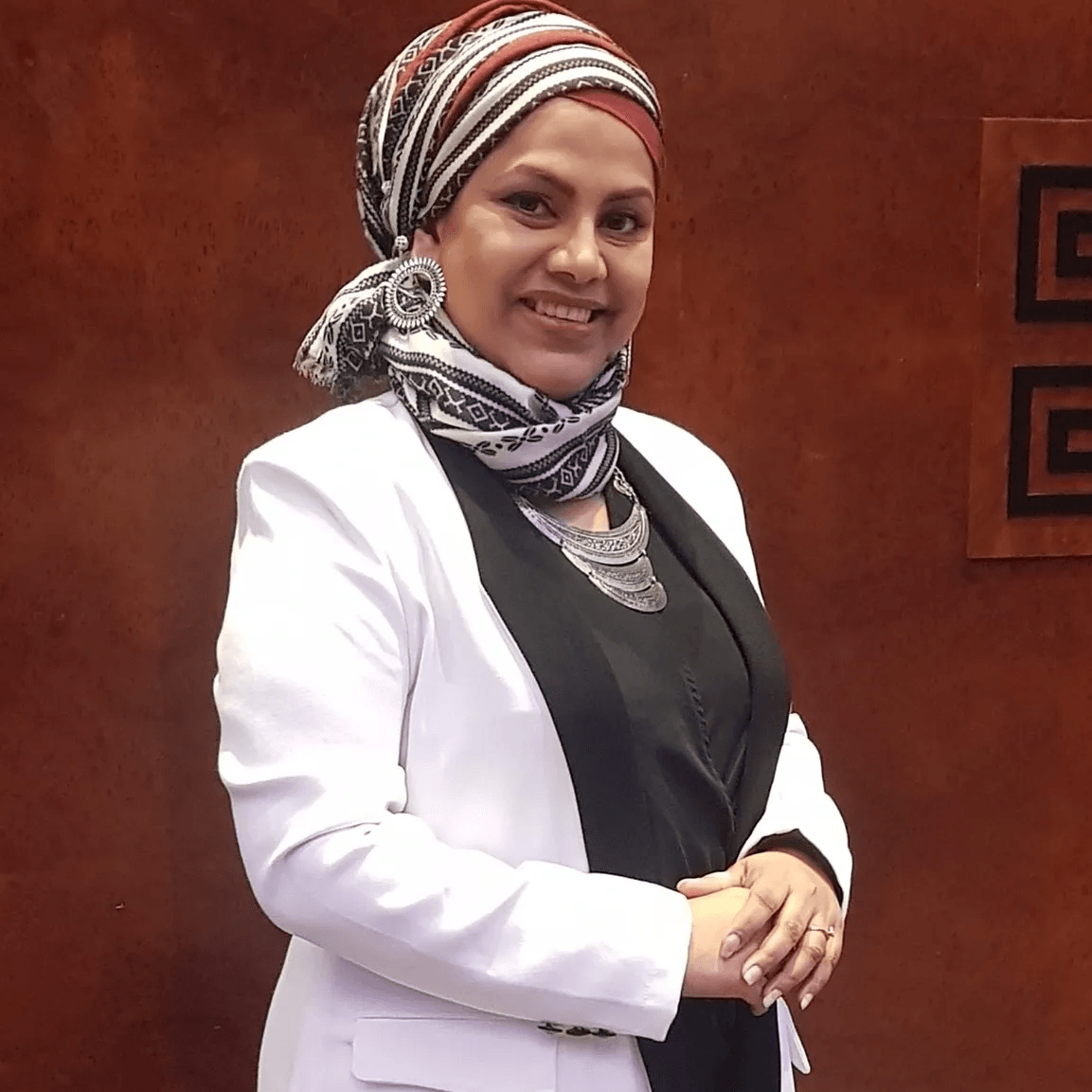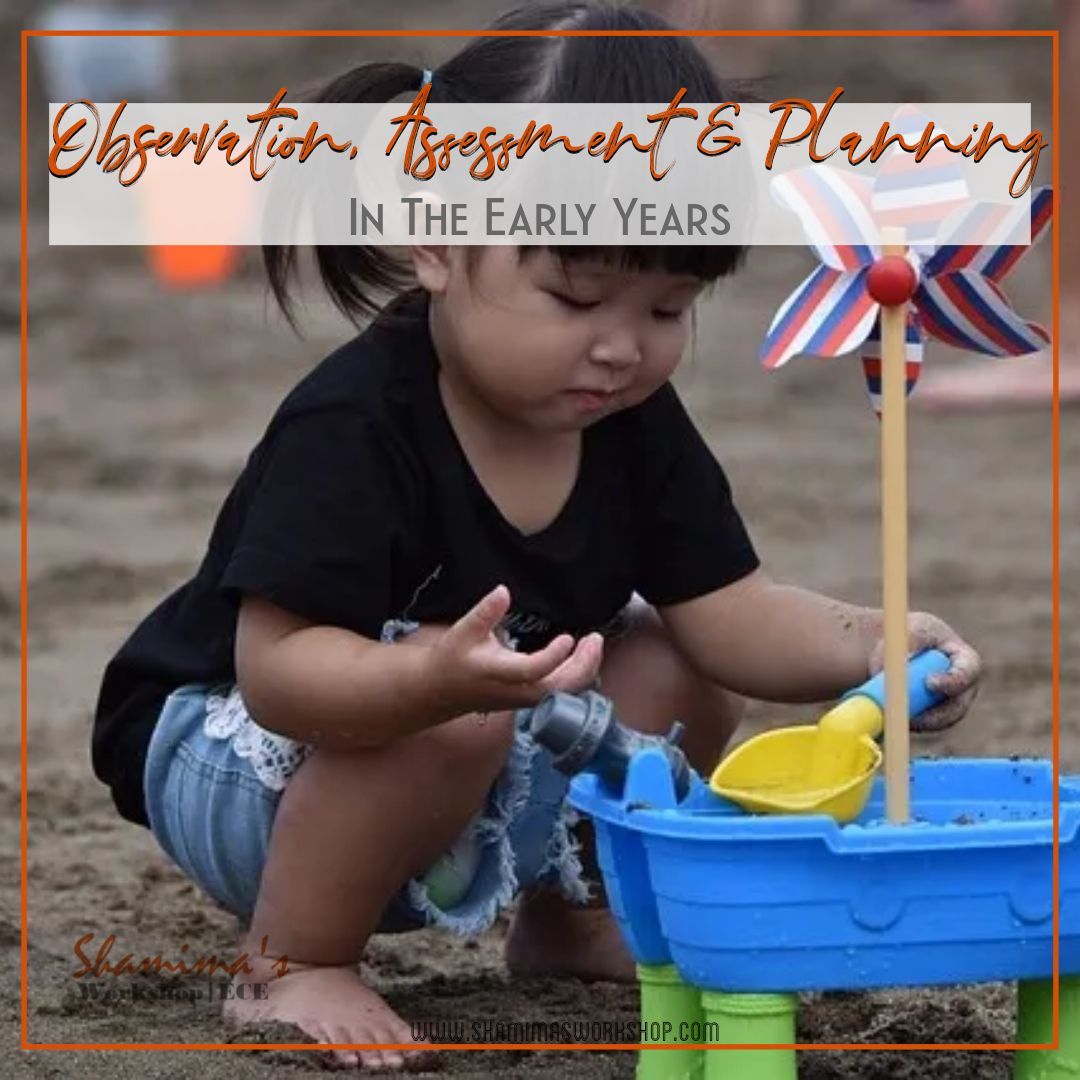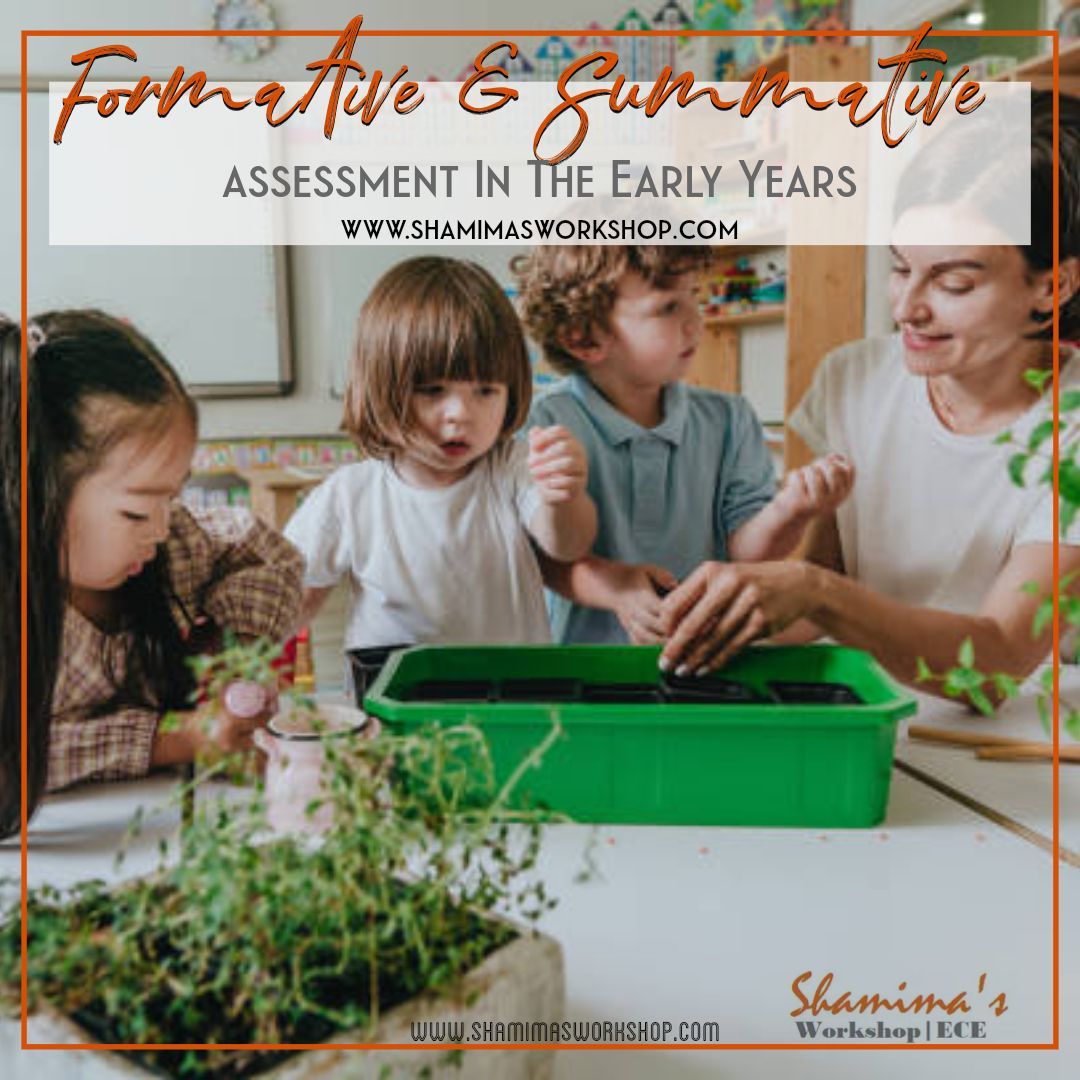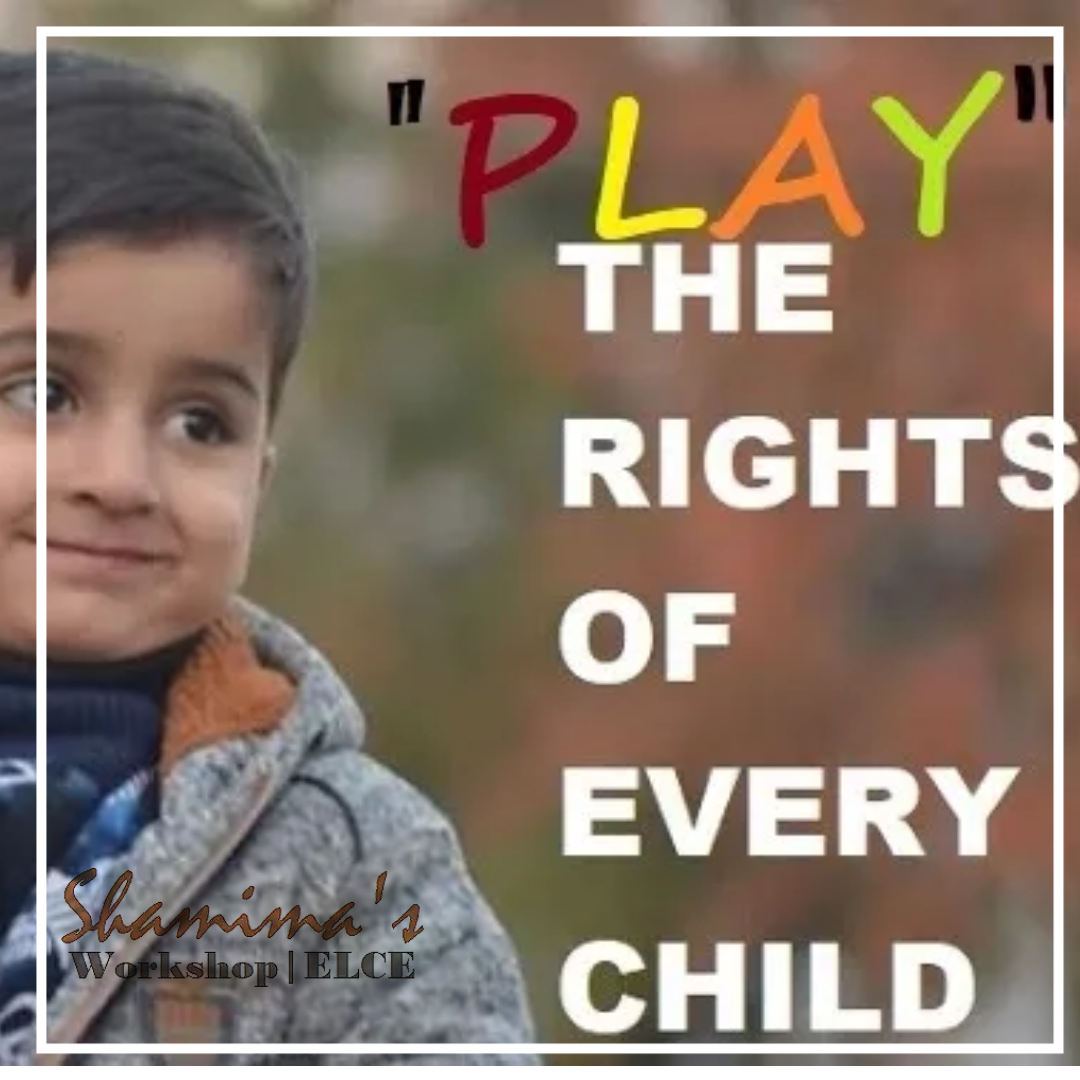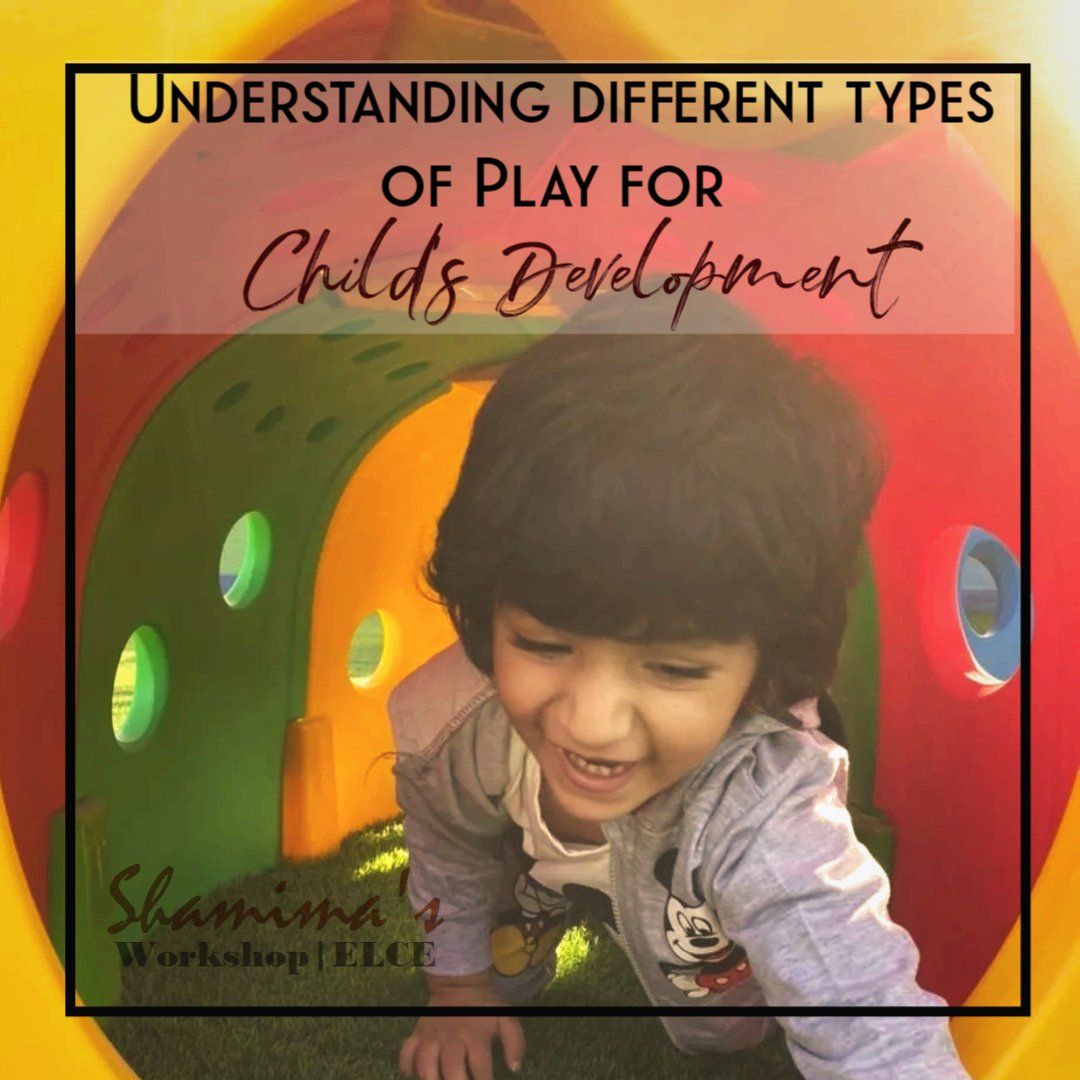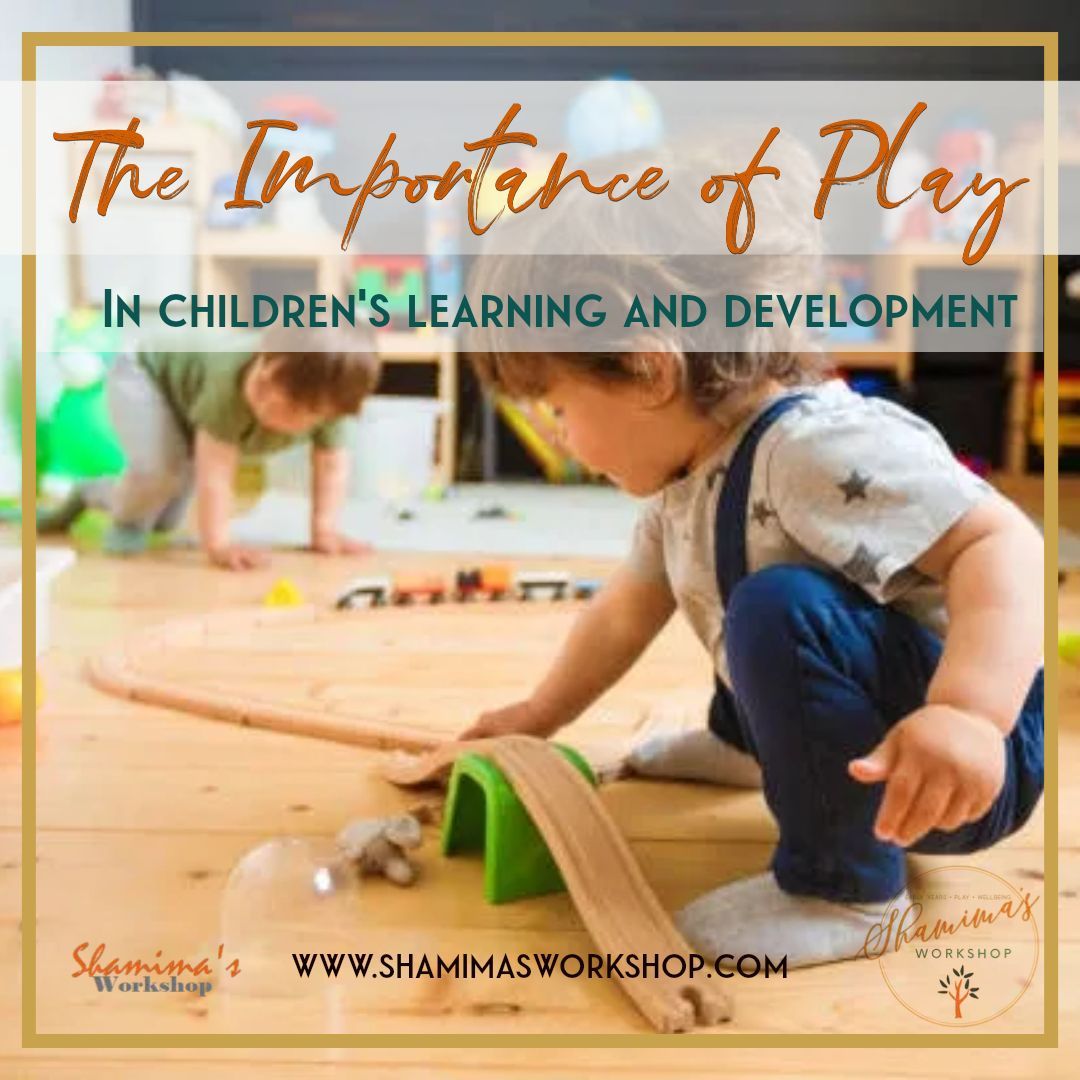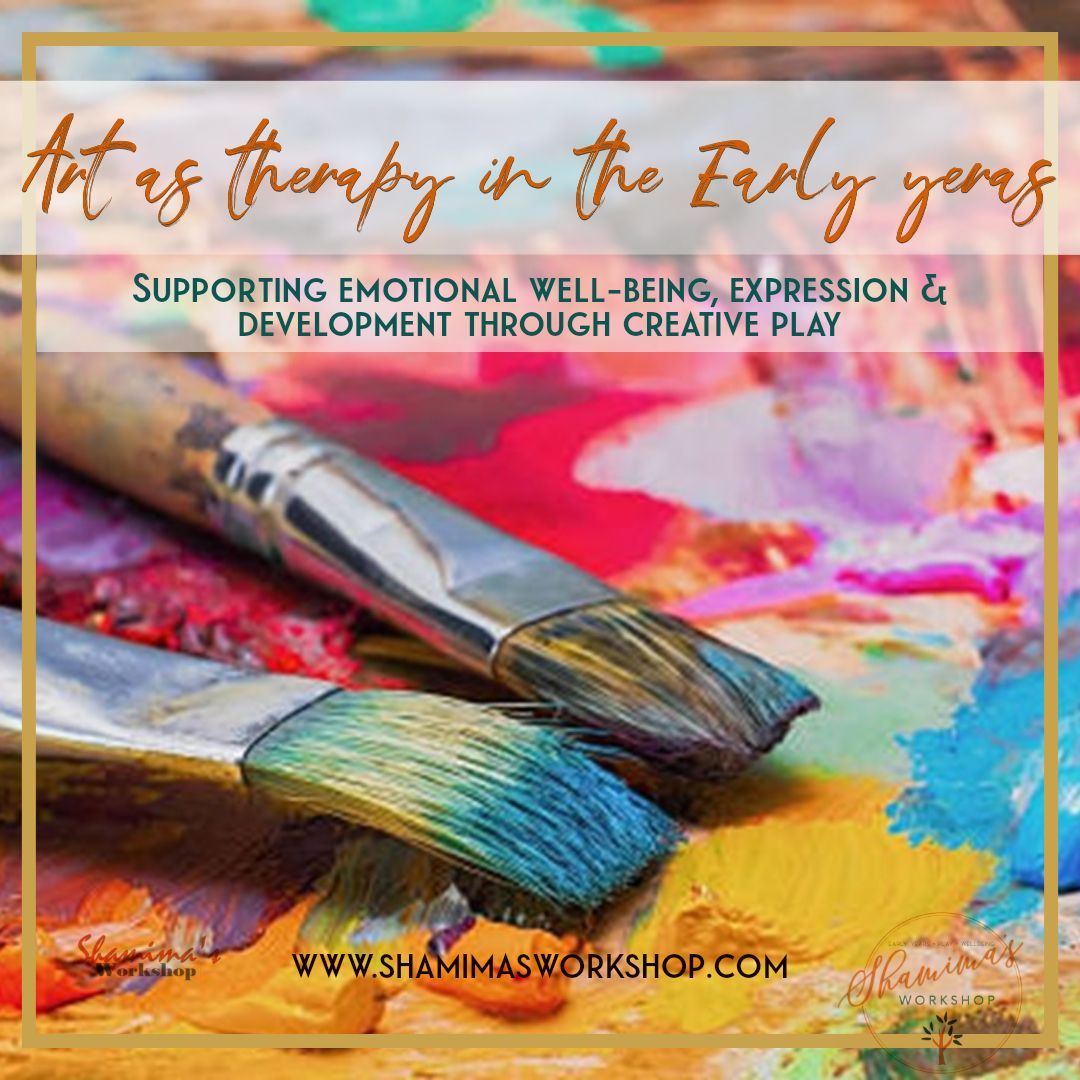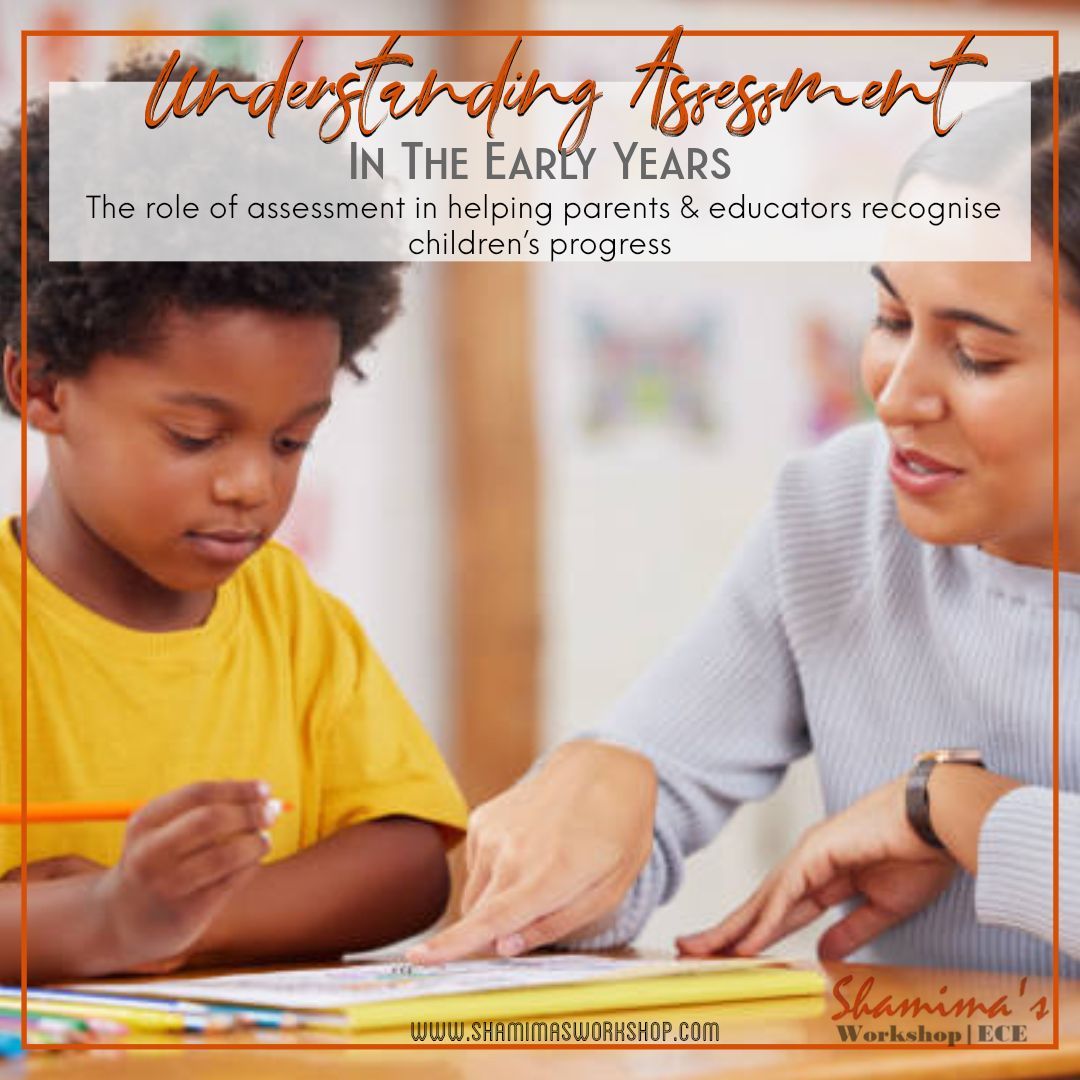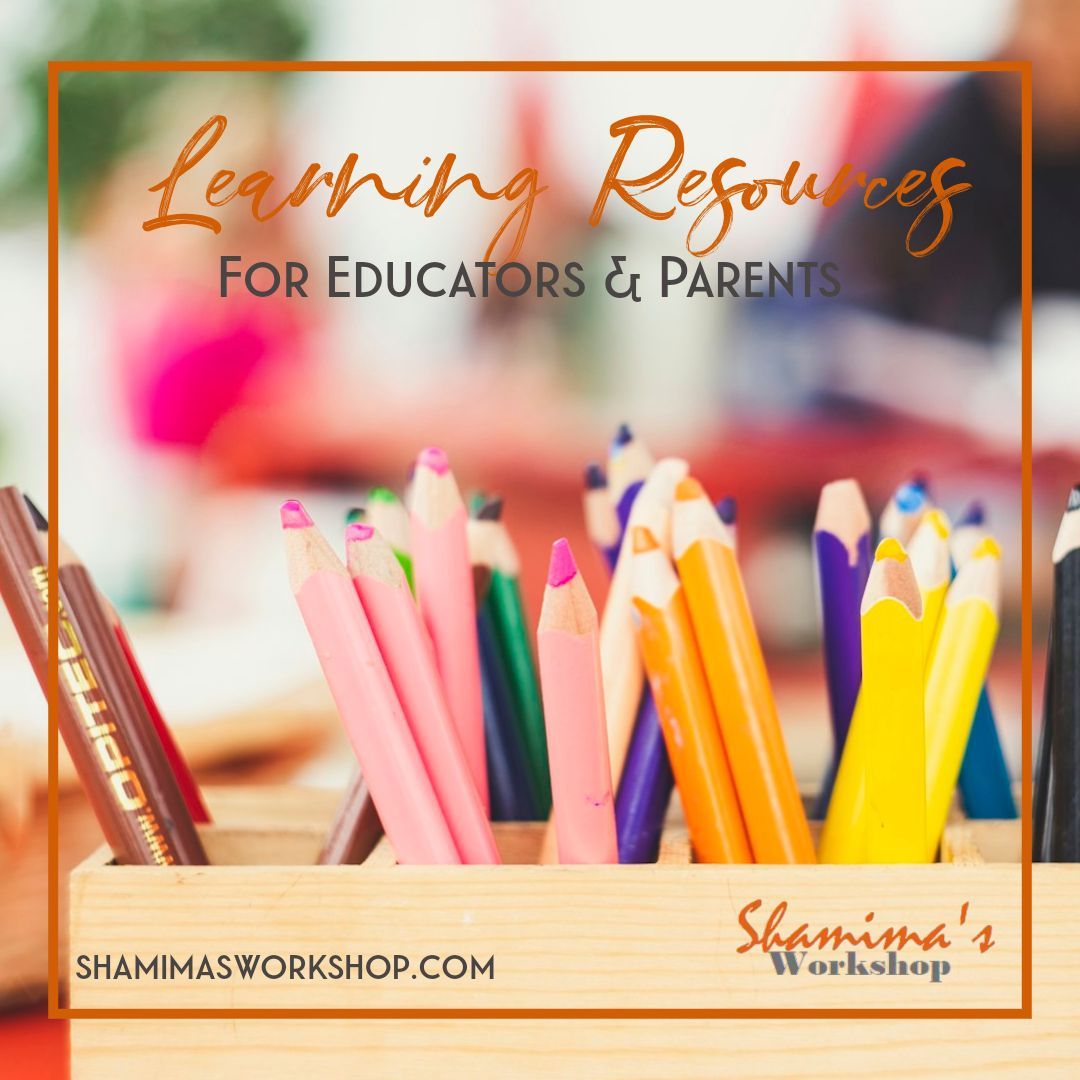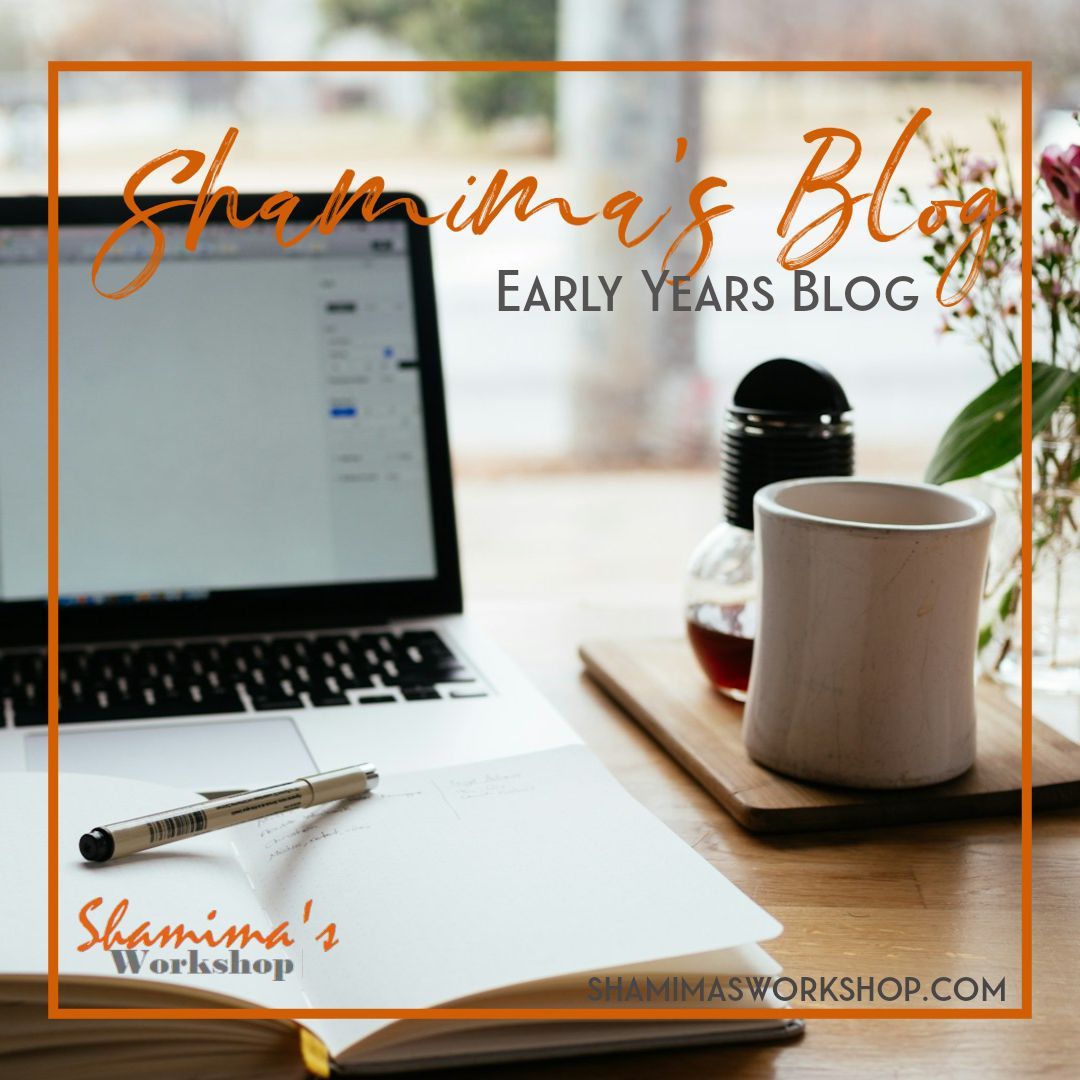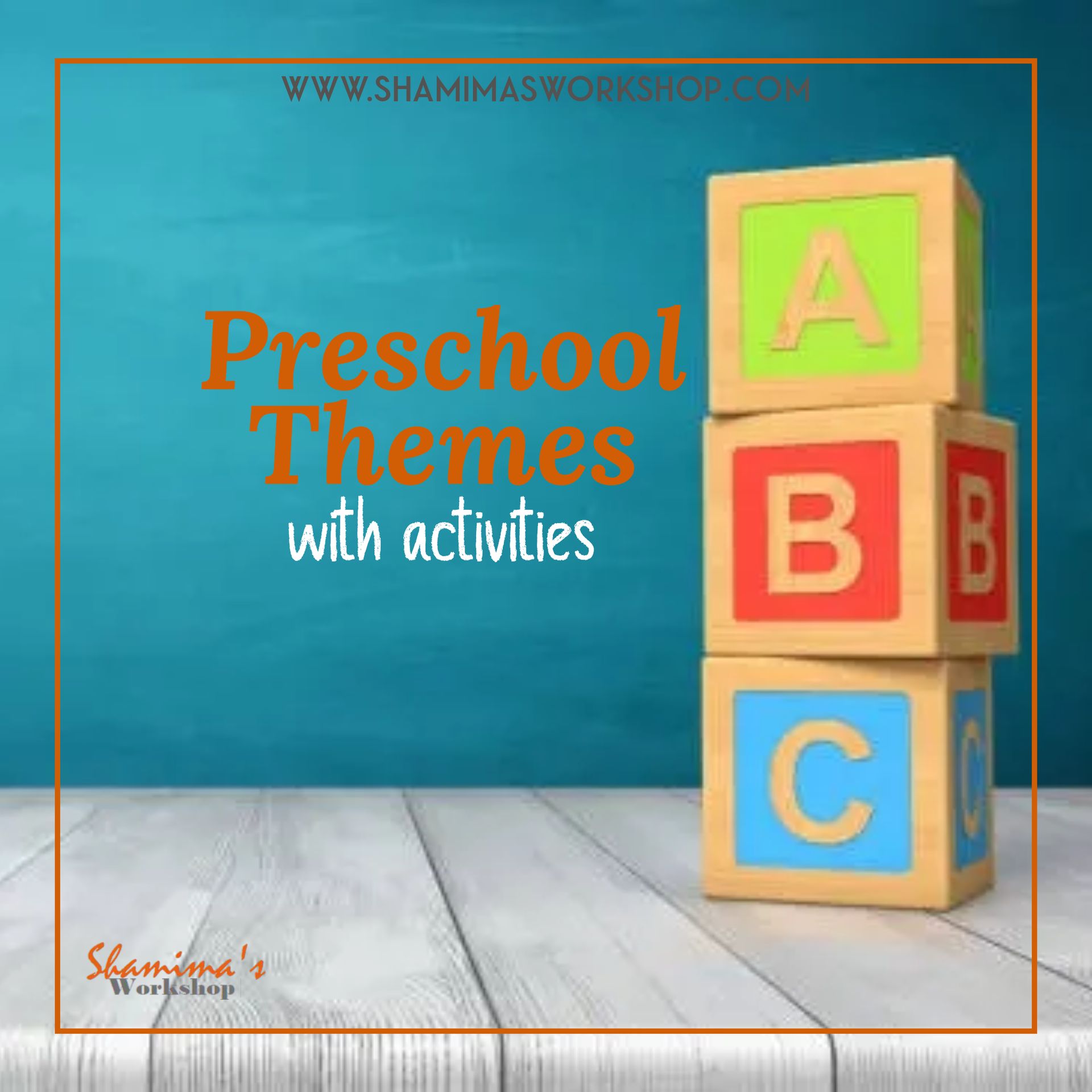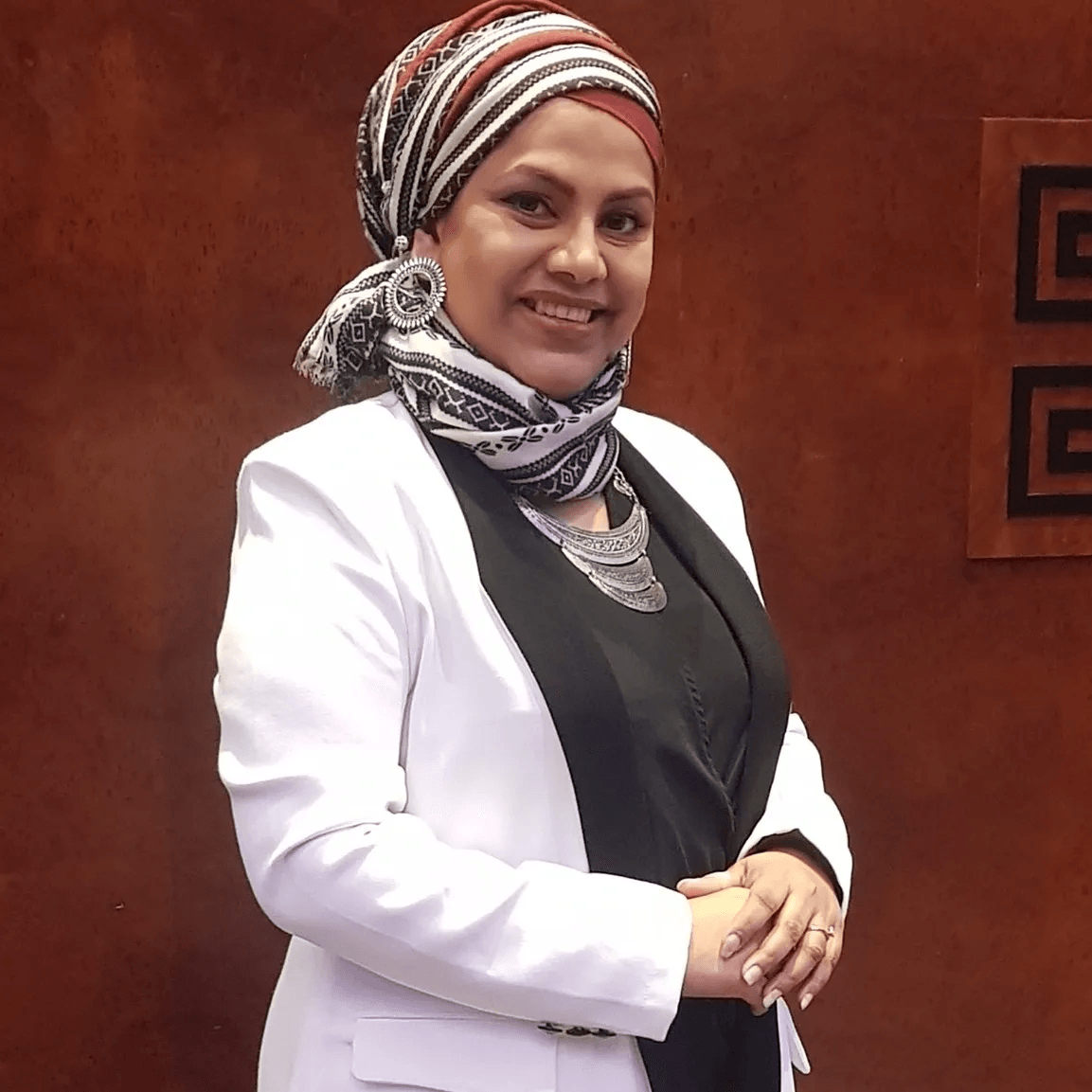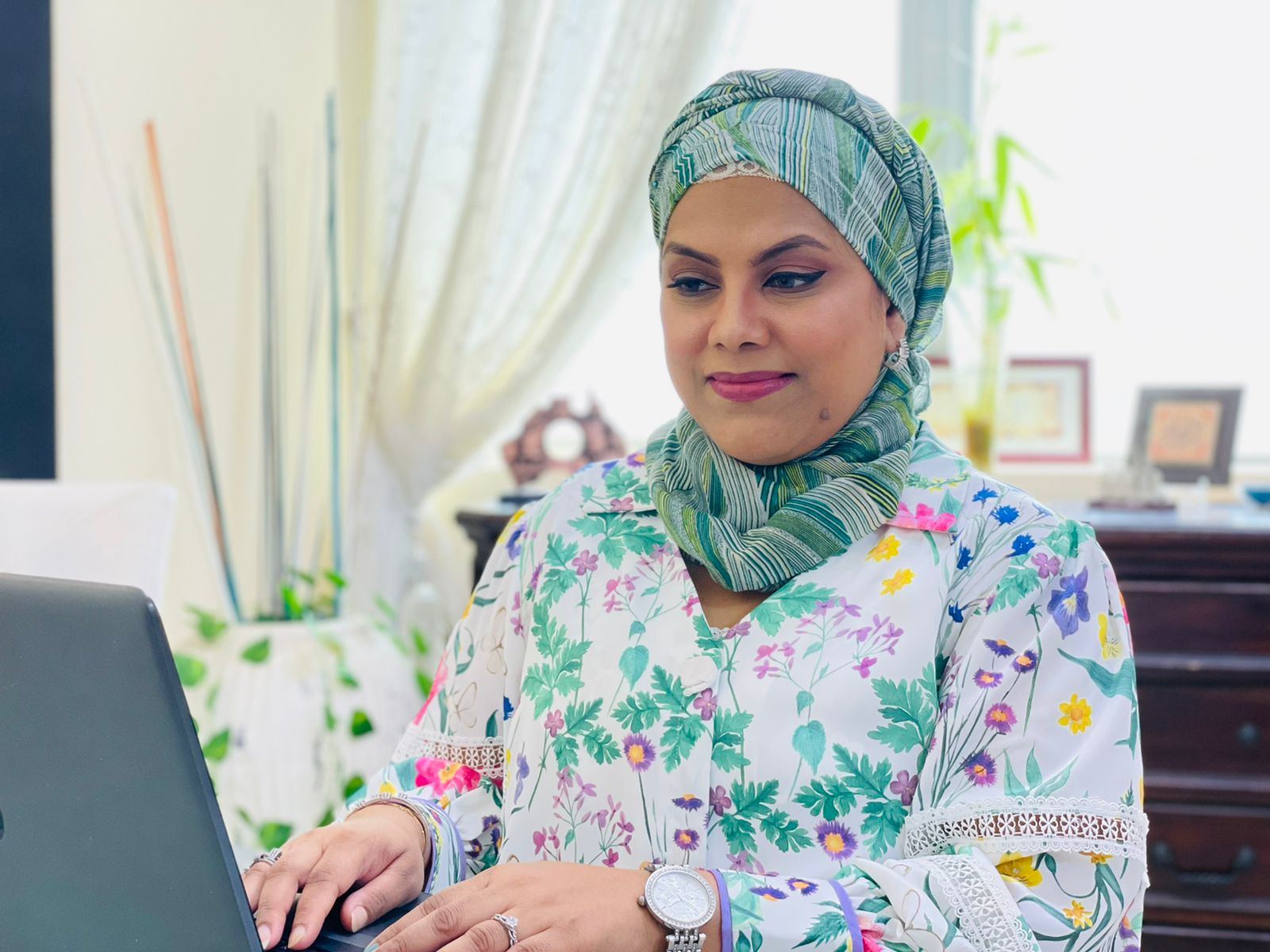What is a play?
PLAY" is very difficult to define, but it is a word that is widely used in the field of early years. Play is defined as a physical or mental leisure activity that is undertaken purely for enjoyment or amusement and has no other objective. It is probably one of the least understood aspects of an early years practitioner's work but one of the most important elements of childhood.
Play supports learning and all aspects of children’s development. It occurs naturally and children do not require expensive toys and resources to play. It is more effective in the natural surrounding. Children smell flowers, collect them, count them and observe them. The list of play opportunities is never ending. Children play without asking for any rewards from adults. They are born with natural curiosity and a drive to play and explore. In the history of play, children have often wanted to play when their parents and other adults have viewed it as not useful or a waste of time, and on many occasions children have been punished for playing. This desire to play has led to the conclusion that play is a natural instinct for children. Through play, children develop language skills, emotions and creativity, social and intellectual skills.
Children's innate drive to play
Children's innate drive to play is not something new to all. Play is biological, psychological and a social necessity and a foundation to children’s healthy development and wellbeing. All children and young people need to play. Many theorists including Piaget, Vygotsky and Bruner have spent a long time researching how children play and how this contributes to their development. This research has looked into what children need so that they can make the most of their learning through play and how this play can be developed and extended to support the child’s learning. The impulse to play is innate. Actually, the word innate means existing in one from birth or inborn. Play is innate because all children have the desire to play. It is a natural desire to want to explore and understand. Children are naturally curious and when they play, they can make sense of their environment.
It would appear that for thousands of years children have played. Children play without needing any rewards from adults. They are born with natural curiosity and the drive to play and explore. In the history of play, children have often wanted to play when their parents and other adults in society have viewed it as unnecessary or a waste of time, and children have been punished for playing. This desire to play has led to the conclusion that play is a natural instinct for children.
For example new babies are drawn to look at the human face and they slowly begin to learn how to read the face of their mother or other family members. They carefully watch their mothers eyes and mouth ,finding out all about her and they enjoy hearing her singing a lullaby and seeing the different movements of muscles in her face. Playfulness begins in the form of smiles that become broader as the baby expresses joy at seeing special people like mum, dad, siblings and grandparents. The movement of a mobile or seeing and hearing a toy soon begins to interest young babies because they are finding out about the world through whatever they can see, hear, touch, smell and taste. By the time babies are reaching out and grasping small toys another phase has begun where the baby may try to shake a rattle or put it in his mouth to find out more about it and exploring it more thoroughly. These are natural desire or we can say children's innate drive to play.
Looking at play as a whole concept There is much to be said for looking at play as a whole because it is central to childhood. A happy childhood will involve children in play, where they live in the world. The play takes different forms in different families and in different cultures. Children who are sick or have complex needs might have difficulty or face challenges in play but with the support, they can be helped to play.
Play is very important to children's development. It is an integral part of a child's Early Years Foundation Stage. It supports their learning journey too. Through the power of play, young children can develop many skills. They may develop their communication skills, language skills, emotions, and social skills.
